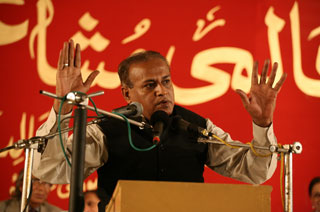“The multitudinous Arab cafes are small and dirty and hardly worth visiting. Coffee in the Arabian style can easily be obtained elsewhere.”
-Baedeker’s Guide to Egypt, 1914
Today I was trying to find my favorite coffeehouse in Bab al Louk, whose name I’ve forgotten, using Google Earth or Google Maps but had no luck. I know it was beyond the Houriya bar, where back then and still today you can have either a Stella or a qahwa, but the place I’m remembering was closer to Abdin Palace on a little traffic circle. Where I think it was is now shown as a butcher shop. A lot can change in forty years.
Coffeehouses in Cairo were a safe haven for male American students of Arabic but not for women, who knew they would be breaking so many taboos if they sat down that they did not think it worthwhile no matter how tired or caffeine deprived they were. So men in Cairo never get as tired or unjumpy as women, because they can sit down anywhere. Coffee houses are all over town.
You order Turkish coffee with the sugar already boiled in- so you have to specify if you want qahwa saada, qahwa mazbout, or qahwa ziyaada- that is, “unsweetened” [black], “controlled”, or “extra”. The past participle mazbout comes from a verbal root meaning “regulation” that also generates a word meaning “police officer”. I liked to think that the sugar in my regular coffee had been “policed”, by who I didn’t know, maybe the mukhabarat, the secret police. And the verbal root of the word ziyaada, meaning “increase”, also generates the word tazayyud which means “fable” or “yarn”, as if drinking extra sweet coffee will make you into a liar. So Cairo is full of kazzaabs. I thought so.





















